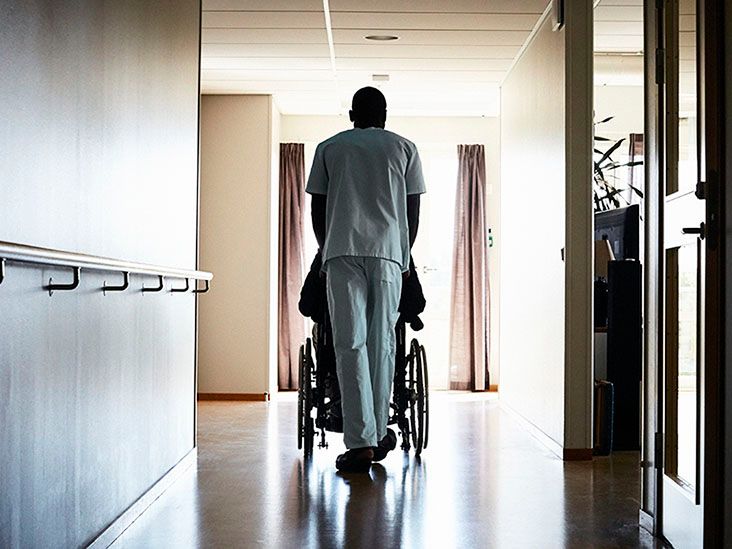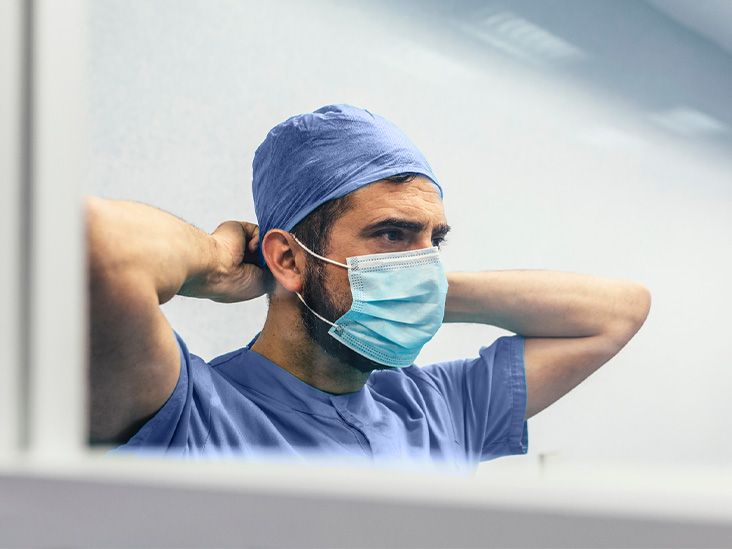Understanding The Experience Of Death
The question "am I dead and don't know it?" is one that has crossed many minds. Though a frightening thought, it touches on an experience that awaits us all - death and dying. Modern medicine has uncovered intriguing details about what happens to the mind and body as we progress towards death. While much remains scientifically unknown, there are things doctors may not reveal about the dying process.
Difficulty Predicting Time Of Death
Doctors often struggle to accurately predict how long terminal patients have left to live. Studies show that only 20% of predictions made by physicians about how long critically ill patients will survive are accurate. Reasons for this difficulty include unpredictable responses to diseases and treatments. Variables like will to live also likely impact actual longevity versus statistical averages.
Inability To Sense Death's Imminence
Research suggests that even when death is imminent, the dying are unaware it is upon them. Most perceive that while sick, there is still ample time left. Little evidence demonstrates people can biologically detect when death's arrival is imminent. Dying sensations like seeing bright lights may occur, but whether these constitute awareness of impending death is questionable.
Changes In Mind And Body As Death Nears
Though we may not sense death's proximity, changes signaling life's end manifest in mind and body. These alterations offer clues into what "am I dead and don't know it?" may feel like.
Deterioration Of Senses
Hearing and vision are often the first senses impacted as death nears. Even if dying persons remain conscious, they may be unable to see or hear those around them. Sensations like thirst also fade, while limbs become immobile and cold as circulation decreases. By the final hours, most have slipped into unresponsiveness to external stimuli entirely.
Changes In Breathing Patterns
Alterations in breathing frequently signal the transition between life and death. Respiration rates may speed up or slow down dramatically. Rattling sounds occur as air struggles to pass fluid-filled lungs. Periods of no breathing at all increase until breathing ceases permanently. These breath modifications are so reliable that doctors utilize them to determine when death has occurred.
Surge Of Brain Activity
Intriguingly, for many there is a spike in brain activity just before death. Sight, sound, and memory centers display markedly increased activation. Some believe this offers terminally ill patients life's final mental journey. Potentially providing the opportunity to re-experience meaning, settle unfinished business, or gain closure.
Death And The Afterlife
The question "am I dead and don't know it?" further relates to what happens after death. Scientists have varying perspectives on what the death experience may entail.
Near Death Experiences
Some use near death experiences (NDEs) as potential insights into post-death consciousness. Though these involve persons clinically revived post-death, thus not fully deceased, NDE phenomena have commonalities that intrigue researchers. These include out of body perceptions, entering a tunnel, seeing a bright light, and encountering lost loved ones.
Theories On After Death Consciousness
While some scientists believe nothing follows death, others hypothesize that consciousness may extend post-mortem. Quantum approaches even suggest the possibility of parallel worlds allowing versions of ourselves to persist eternally. Though substantially speculative, these areas illustrate that much remains to be understood about consciousness once life ceases.
Integration Of Death Into Life
Ultimately, death remains an inevitability faced by all life. Rather than asking "am I dead and don't know it?" a perspective shared by hospice physicians is to integrate mortality into our present moment experience. By openly acknowledging death's certainty, embracing existence now takes on amplified meaning and significance.
Disclaimer: This article is for informational purposes only and does not constitute medical advice. Always consult with a healthcare professional before starting any new treatment regimen.
Related Coverage
Navigate Medicare in Maine with ease. Find the best plans and coverage options for your healthcare needs in 2025....
Find the best Medicare in Delaware options for you or your loved ones with our simple guide to coverage, costs, and enrollment....
Learn how medical alert watches work and compare top styles like smartwatches vs jewelry alerts. Review key features, leading brands, costs and getting started....
Find out exactly what Medicare respite care covers, who qualifies, costs, and step‑by‑step ways to arrange it for your loved one....
Lose weight without sacrificing flavor. Discover 50 delicious weight loss foods like fruits, vegetables, whole grains, lean proteins, healthy fats and spices....
This 2023 review provides an in-depth look at Medical Guardian's medical alert systems to help you determine if their in-home & mobile products are the right emergency response choice for your needs and budget....
Medicare for caregivers can help with skilled care, equipment, and training. Find out what's covered and how to get support without surprise bills....
Get clear answers on Medicare open-heart surgery coverage, what it includes, and how to minimize your out-of-pocket expenses....
Science reveals fascinating insights into the physical and emotional experience of dying. Learn what happens to the body and mind at end of life....
Stay mentally sharp as you age with proven strategies for brain health including exercise, diet, and social engagement....









